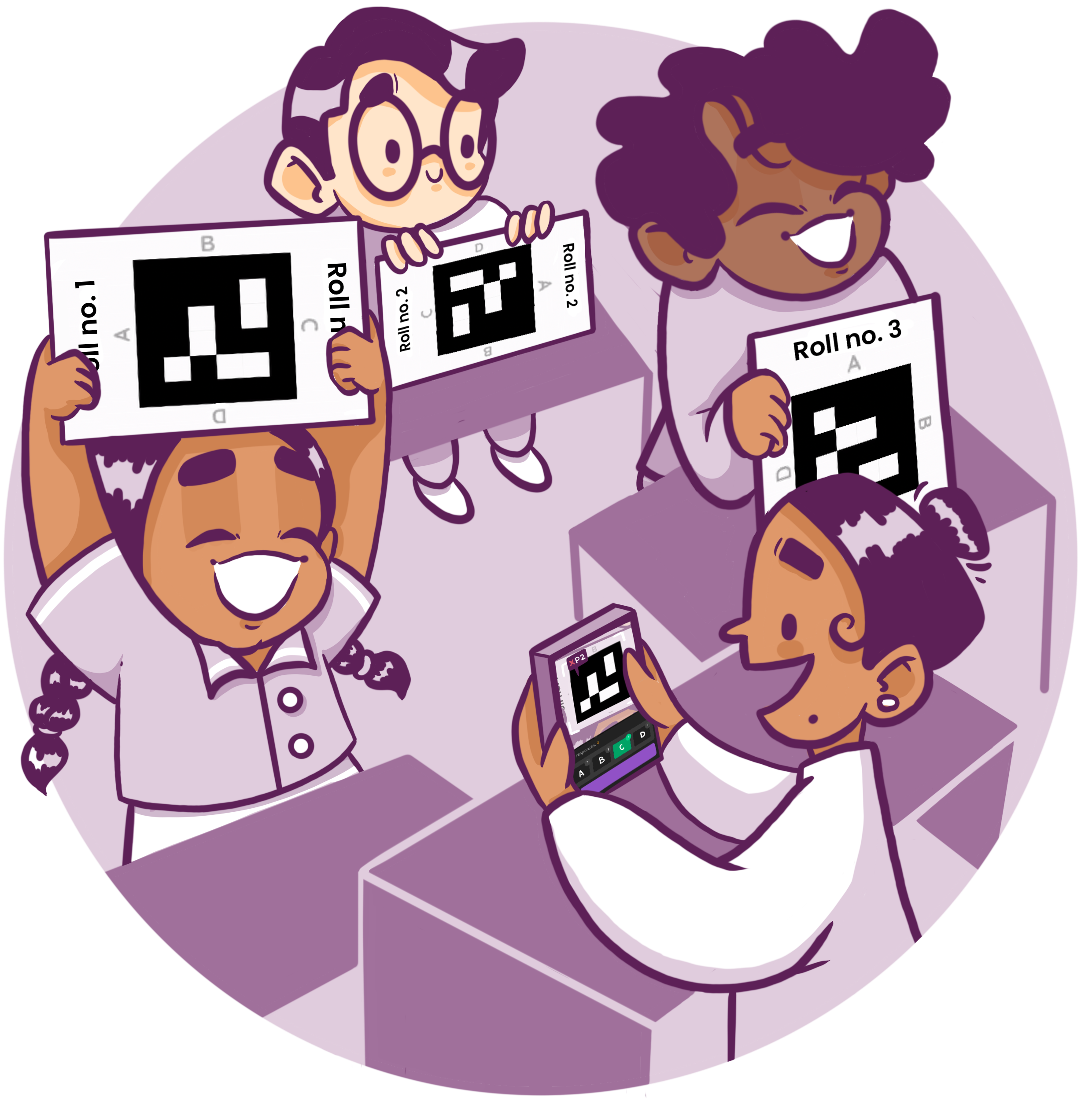Quizizz is now

Some pages are being migrated to the new site.

Have you ever encountered a scenario in which a student struggled with a concept, only to have a classmate explain it in a way that made everything click? This is how peer teaching shines. It shows how students working together can enhance their learning experiences by promoting collaborative learning.
Let’s explore how peer teaching works and why it’s so effective for both teachers and students.
Collaboration in education is a unique approach that enables deeper understanding and retention of knowledge. When students learn from their peers and engage in peer-to-peer learning, it promotes critical thinking and problem-solving skills.
The importance of collaboration in education cannot be overstated, as it prepares students for real-world scenarios where teamwork is essential.
There are numerous advantages of collaborative learning. You may have noticed that students tend to feel more comfortable asking questions and expressing confusion among their peers and friends.
This environment of mutual support contributes significantly to an engaging and effective learning experience. Additionally, collaborative learning activities encourage students to take responsibility for their own learning and help others, which helps create a sense of community within the classroom.
One of the main challenges in peer teaching is balancing the curriculum with collaborative learning strategies. It is important to integrate these activities into lesson plans without compromising on the content.
Let’s look at how you can combat some common challenges associated with peer teaching.
Not all students may be eager to participate in collaborative learning. To address this, offer a variety of cooperative learning techniques that cater to different personalities.

If resources are limited, get creative! Use available materials and digital tools like Quizizz to facilitate cooperative teaching and learning. Quizizz offers interactive and gamified ways to promote collaboration in the classroom.
.webp)
Cooperative learning strategies are essential for successful peer teaching. Techniques such as peer tutoring, where a student acts as the peer tutor, can be incredibly effective. In this setup, students collaborate and learn by teaching each other, which reinforces their own understanding while aiding their classmates.
On the Quizizz platform, hosting a quiz in Team Mode can really enhance this experience, as students get to work together in a fun and interactive way.
Here are some examples of collaborative teaching using the Team Mode on Quizizz, which you can incorporate into your classroom:

Students working together on group projects is a delight when it comes to learning. These projects require input from all group members, which ensures that everyone contributes and learns from peers.
.png)
Organize regular peer tutoring sessions where students can help each other with difficult concepts using Quizizz. Split the class into teams and let them compete in quizzes designed to reinforce the day’s lessons. This not only aids learning but also builds confidence and communication skills.

Implement peer evaluations where students assess each other’s work using Quizizz polls. This can provide valuable feedback and encourage a deeper understanding of the material.
.webp)
Engage students with collaborative learning activities such as group discussions, joint problem-solving tasks, and interactive games. Quizizz Team Mode can make these activities fun and dynamic, promoting a collaborative approach in the classroom.
As we look to the future, collaboration and cooperative learning will play a crucial role in education. Promoting a collaborative approach can create more inclusive, engaging, and effective learning environments using tools like Quizizz.
Teachers are crucial in guiding collaborative learning. By encouraging peer learning and providing the right cooperative learning strategies in the classroom, educators can help students realize the full potential of peer learning.
Peer teaching and collaborative learning greatly benefit students, from improved understanding and retention to enhanced social skills and confidence. By implementing collaborative teaching strategies and encouraging students to work together, we can create vibrant and dynamic classrooms where every student has the opportunity to thrive. So, let’s support collaboration in education and make the most of learning with peers using Quizizz.